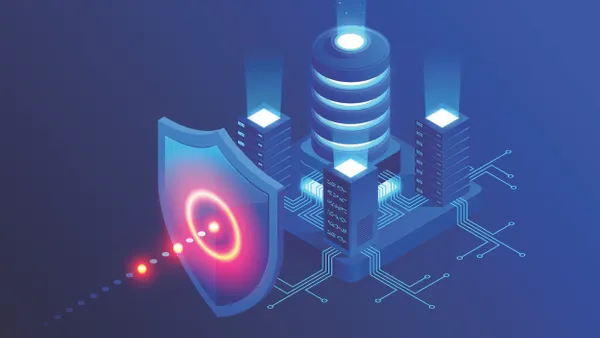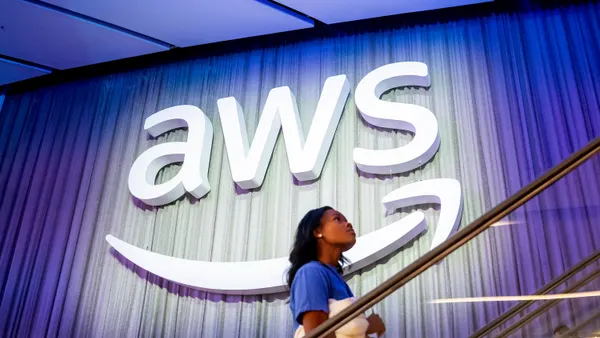Update: Atlanta officials and a third-party cybersecurity professional hired by the city believe they know who is behind the attack, though the information remains unknown to the public, reports FOX 5.
Mayor Keisha Lance Bottoms said the attack will ultimately force the city to overhaul its technical infrastructure, beginning with regaining fully operational servers.
It is unknown how long it will take for services to run completely again. In the meantime, city employees continue to perform tasks manually.
Dive Brief:
- The City of Atlanta fell victim to a ransomware attack on Thursday morning, which encrypted some city data and caused outages across a number of departments. At this point, officials in Atlanta have not yet resolved the cyberattack, reports CSO.
The City of Atlanta is currently experiencing outages on various customer facing applications, including some that customers may use to pay bills or access court-related information. We will post any updates as we receive them. pic.twitter.com/kc51rojhBl
— City of Atlanta, GA (@Cityofatlanta) March 22, 2018
- In a press conference, Mayor Keisha Bottoms and newly-appointed COO Richard Cox said it is unclear the extent to which the city and its residents have been affected. Cox said the city's public safety department, water services and airports are operating without incident. CNN and 11Alive have reported the ransom demands bitcoin for $6,800 per unit, or $51,000, to unlock the system. When asked during the press conference if the city would pay the ransom, Mayor Bottoms said she "can't speak to that right now."
- The city is working with the FBI and the Department of Homeland Security, as well as external partners from Microsoft and Cisco's cybersecurity response team, to investigate the situation.
Dive Insight:
Though Atlanta officials are working quickly to take action on the situation and notify the public of any potential risks, it is evident operations could be compromised for some time as the city combats the attackers.
This attack is reminiscent of the attack on San Francisco's transit system in 2016. Commuters were essentially gifted with a free ride after ticketing machines and their data were left encrypted. The incident left many officials considering the hack to be a smoke screen-type of attack, alluding to one much more grave on the California city.
Atlanta has a department of information management, but it lacks a chief privacy officer or a dedicated cybersecurity office to be tasked with developing more proactive measures.
However, enlisting the help of major tech companies like Microsoft and Cisco is a nod to the direction those companies are going in terms of national cybersecurity. Microsoft and Facebook were recently revealed as unlikely heroes as they helped the federal government ward off attacks from North Korea.
Microsoft president Brad Smith recently said the public is calling "on all of us to use 2018 as a year to respond" to the crippling attacks seen in 2017.
Silicon Valley-type companies have a "fundamental role" in security and they certainly have the talent to address the hysteria, yet some companies are falling short of their social responsibility.















